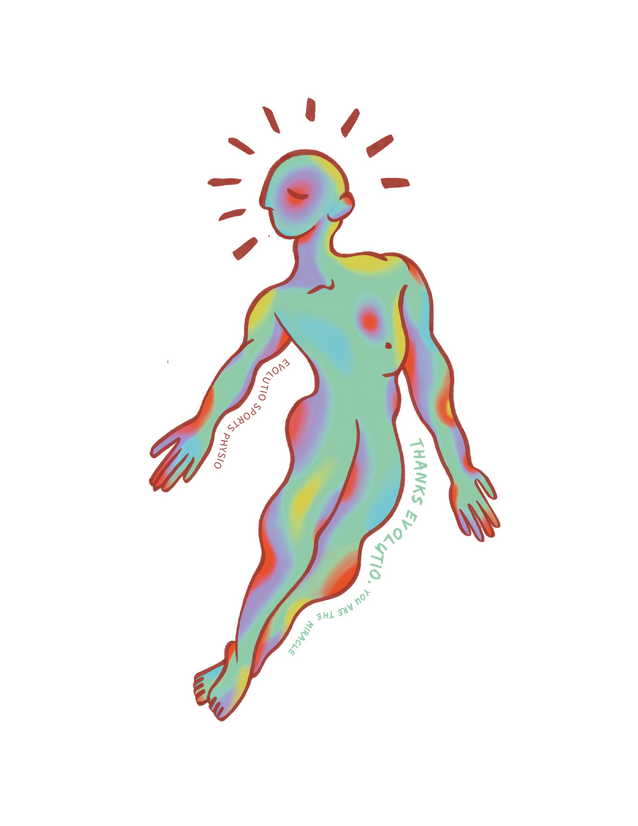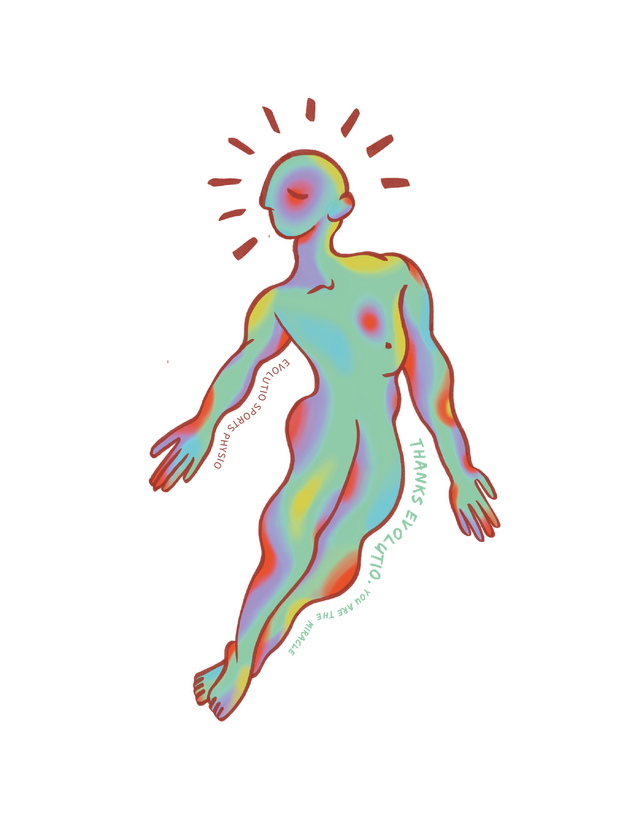How to Relieve Pain after Massage
After a massage, it's not uncommon to experience some soreness or discomfort, but there are several strategies you can employ to help alleviate pain and enhance your overall well-being.
Firstly, hydration is crucial to relieve pain after massage. Drinking plenty of water helps flush out toxins released during the massage and prevents dehydration, which can contribute to muscle soreness. Aim to drink at least eight glasses of water throughout the day, and consider adding electrolyte-rich beverages to replenish minerals lost during the massage.
Secondly, gentle stretching can be highly effective in reducing post-massage discomfort. Engage in slow and controlled stretches targeting the areas worked on during the massage. This helps to release tension and improve flexibility, promoting quicker recovery.
Additionally, applying heat or cold therapy can bring relief. A warm bath, heating pad, or warm compress can relax muscles and increase blood flow, while an ice pack can reduce inflammation and numb pain in acute soreness. Alternating between heat and cold applications can also be beneficial.
Lastly, consider incorporating self-massage or using a foam roller. This can help release any residual tension and prevent muscle stiffness. Focus on gentle, circular motions and be mindful of your body's response to avoid overexertion. If the pain persists or worsens, it's advisable to consult with a massage therapist or a healthcare professional to rule out any underlying issues.
How else can I relieve Pain after Massage?
In addition to the above, to relieve pain after massage, allow yourself time to rest and recover. Avoid strenuous activities and allow your body to absorb the benefits of the massage fully. Quality sleep is also essential for muscle recovery, so try to get a good night's rest.
Furthermore, Consider using topical analgesic creams or ointments. These products often contain ingredients like menthol, camphor, or arnica, which can provide a cooling or warming sensation and help alleviate muscle soreness. Follow the product instructions and apply it to the affected areas.
Lastly,, to help relieve pain after massage, you can utilise Mindfulness and relaxation techniques, such as deep breathing or meditation, toto help manage pain perception. You may experience decreased muscle tension and discomfort by calming your mind and reducing stress. Incorporate these practices into your post-massage routine for added benefits.
When would the Pain be Abnormal after Massage?
Experiencing some level of discomfort or soreness after a massage, which is standard, as it often indicates that the body is responding to the therapeutic touch and releasing tension. However, there are instances when the pain may be considered excessive or concerning. One indication is if the pain is unusually intense and persists well beyond the typical post-massage soreness window, which usually lasts a day or two. Severe and prolonged pain may suggest that the massage was too aggressive or that an underlying issue has been aggravated.
Sharp or shooting pain is another red flag. Massage is generally intended to promote relaxation and alleviate muscle tension, so intense pain sensations, especially if they radiate down the limbs, may indicate nerve compression or injury. Such symptoms should not be ignored, and it's crucial to consult with a healthcare professional to assess the cause of these sensations and determine an appropriate course of action.
Additionally, noticeable swelling, bruising, headaches, or dizziness after a massage could indicate an adverse reaction or an underlying health concern. Swelling and bruising may suggest tissue damage, while headaches or dizziness could be related to various factors, including changes in blood pressure or an allergic reaction. In any of these cases, seeking prompt medical advice is recommended to ensure a proper evaluation and appropriate guidance on the next steps.



